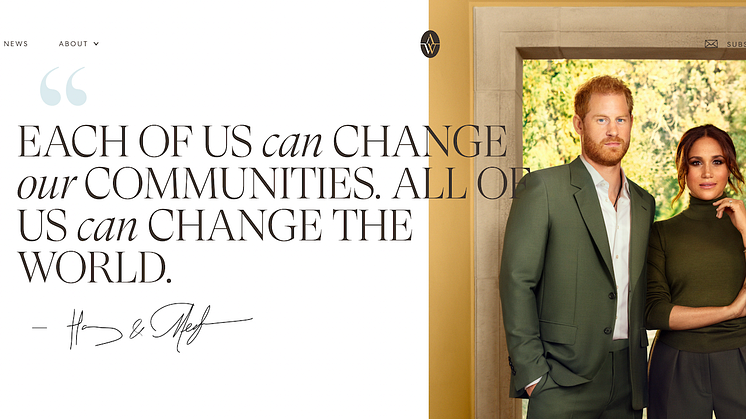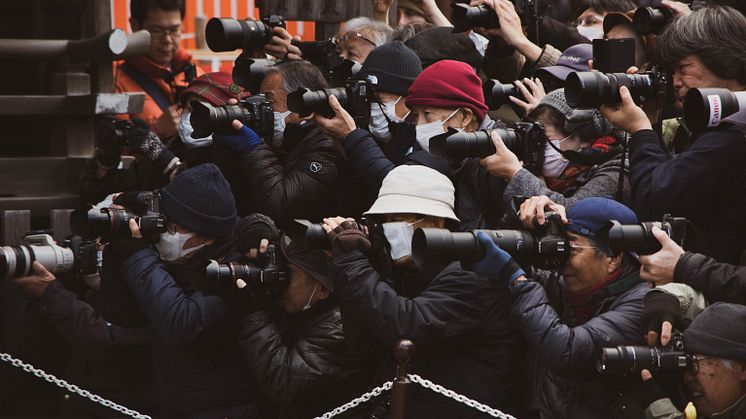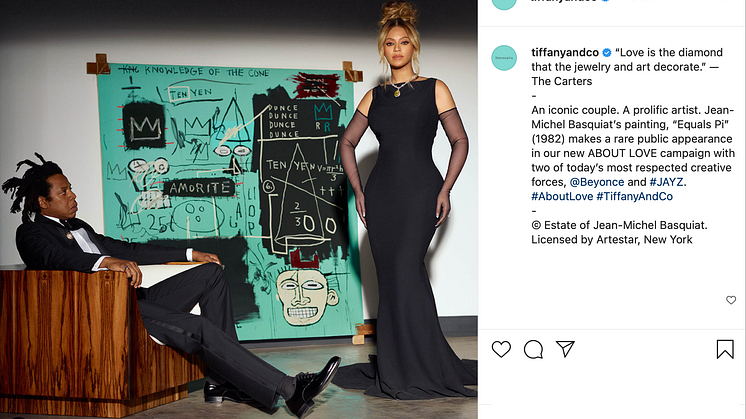
News -
How royal couple Harry and Meghan upped their IP game
With a musical, a movie and recent and upcoming seasons of the immensely popular series The Crown all featuring the late Princess Diana, the troubled life of the British icon is capturing the popular imagination once again.
In the real world, her two sons are navigating life under the public spotlight in their own ways. Prince Harry and his wife Meghan Markle, in particular, have carved out their own path as entrepreneurs and advocates for social issues. To do so in the 21st century, the couple have had to familiarise themselves with the ins and outs of intellectual property laws, and their trials and tribulations along the way offer useful lessons even for non-royals.
After they got married in 2018, Harry was given the title Duke of Sussex, and Meghan became the Duchess of Sussex. They initially decided to use these titles as a key part of the branding for their philanthropic activities and digital presence.
For example, their Instagram handle was @sussexroyal — an account that already belonged to a driving instructor, and which was given to the couple without the original user being asked, much to his chagrin. Instagram later stated that it changed the instructor’s handle to @_sussexroyal_ because his account was inactive. Lesson #1: If you don’t have the most credible claim to your social media account name (a key component of digital branding these days), scooping up the name first won’t necessarily help you, but an active presence might.
On 21 June 2019, Harry and Meghan then applied for two UK trademarks: Sussex Royal, and Sussex Royal The Foundation Of The Duke And Duchess Of Sussex. Under current regulations, this gave them the next six months to use these UK national trademarks as the basis to file an application via the World Intellectual Property Office (WIPO) for an international trademark.
Apparently, they did not meet that deadline, and that gave others a chance to capitalise on the Sussex Royal brand. In the US, for instance, one individual filed an application for Sussex Royal, telling a tabloid he might use it to launch a consulting business. He was not the only opportunist. According to Tatler, "no fewer than 10 individuals decided to register their own applications to own the Sussex Royal brand”.
As IPWatchdog puts it, Harry and Meghan’s experience shows that it is wise to keep plans for an international trademark quiet during the filing process: “Always file your trademark applications well before you announce that you will do so. This will limit the chances that others will commandeer your IP before you can move along in the registration process.”
Another tip from World Trademark Review is to “obtain prior rights in a smaller jurisdiction before securing protection in your key markets”. This is particularly useful for individuals and brands whose every move is keenly tracked by the press.
In 2020, the plot thickened further for Harry and Meghan, who announced that they would cease being working royals. In a statement, they clarified: “The Duke and Duchess of Sussex do not intend to use ‘Sussex Royal’ in any territory post-spring 2020. Therefore, the trademark applications that were filed as protective measures, acting on advice from and following the same model for The Royal Foundation, have been removed.” The lesson here: try to make sure that your brand direction is on sure footing before making branding moves.
Since then, the couple has launched Archewell as the umbrella organisation for their various endeavours, and they applied to the United States Patent and Trademark Office website to register Archewell as a trademark for everything from educational materials to paperclips.
This extensive range of product categories is fairly typical for trademark applications and serves mainly to prevent others from using a brand to sell items unrelated to its core mission. However, since the Duke and Duchess of Sussex seem to attract controversial coverage, particularly regarding whether they are trying to profit from their royal status, World Trademark Review has one more tip for them and others in similar predicaments — for any IP owner developing a high-profile brand that could be potentially prone to unique sensitivities, “effective and regular communication is key…. a backlash is a common occurrence that can be avoided through good communication”.
PitchMark helps innovators deter idea theft, so that clients get the idea but not take it. To find out more about our services, visit PitchMark.net and register for free as a PitchMark member today.



